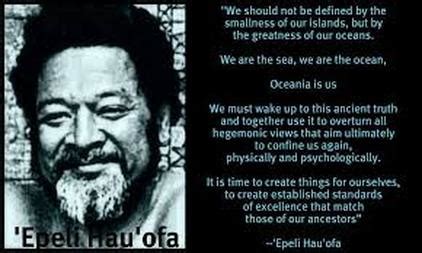A Quote by Martin Rees
Cosmology does, I think, affect the way that we perceive humanity's role in nature. One thing we've learnt from astronomy is that the future lying ahead is more prolonged than the past. Even our sun is less than halfway through its life.
Related Quotes
I'm an optimist.
I've always believed the future is going to be better than the past.
And I also believe I have a role in that.
The great thing about human beings, myself in particular, is that I can change.
I can do better.
If you can get up every day, stay optimistic, and believe the future is better than the past, those few things get you through a lot of tough times.
I love to revel in philosophical matters-especially astronomy. I study astronomy more than any other foolishness there is. I am a perfect slave to it. I am at it all the time. I have got more smoked glass than clothes. I am as familiar with the stars as the comets are. I know all the facts and figures and have all the knowledge there is concerning them. I yelp astronomy like a sun-dog, and paw the constellations like Ursa Major.
Most educated people are aware that we are the outcome of nearly 4 billion years of Darwinian selection, but many tend to think that humans are somehow the culmination. Our sun, however, is less than halfway through its lifespan. It will not be humans who watch the sun’s demise, 6 billion years from now. Any creatures that then exist will be as different from us as we are from bacteria or amoebae.
Let me put it in a rather larger picture framework. Let's go to the longest time frame, the time frame of the life of our sun. As a star, our sun is about halfway through its life cycle. In the long run, we only have a couple of billion more years likely that we can inhabit this planet. By that time, we're going to have to be out of here before our sun dies. Now, I don't think we need to wait that long, and we certainly shouldn't wait that long. At the moment, we are not on a sustainable path.
Solar flares affect our everyday lives in all kinds of mundane ways. They affect satellites, they affect our emotions, and so on, but they also affect the nature of the light that is coming to us, which is kind of the way that the DNA unfolds. And on those levels hardly anyone really understands all of this, and I don't either. I just know that what is going on in the Sun is very important.
Think about how rare it is that you exist at all. Also think about time this way: If something exists, even for a second, then forever in the future that thing “existed”, and forever in the past that thing “was going to exist”. So to even be conscious for a millisecond is a kind of immortality, but you have more than a millisecond. You have minutes. Hours. Months. A year? Years! This is a gift.
In this model, the sun is a very tiny speck of dust indeed-a speck less than a three-thousandth of an inch in diameter ... Think of the sun as something less than a speck of dust in a vast city, of the earth as less than a millionth part of such a speck of dust, and we have perhaps as vivid a picture as the mind can really grasp of the relation of our home in space to the rest of the universe.
Liberalism is the philosophy for our time, because it does not try to conserve every tradition of the past, because it does not apply to new problems the old doctrinaire solutions, because it is prepared to experiment and innovate and because it knows that the past is less important than the future.
That the past is ahead, in front of us, is a conception of time that helps us retain our memories and to be aware of its presents. What is behind us [the future] cannot be seen and is liable to be forgotten readily. What is ahead of us [the past] cannot be forgotten so readily or ignored, for it is in front of our minds' eyes, always reminding us of its presence. The past is alive in us, so in more than a metaphorical sense the dead are alive - we are our history.
We're not the Faster-than-the-Speed-of-Light Generation anymore. We're not even the Next-New-Thing Generation. We're the Soon-to-Be-Obsolete Kids, and we've crowded in here to hide from the future and the past. We know what's up - the future looms straight ahead like a black wrought-iron gate and the past is charging after us like a badass Doberman, only this one doesn't have any letup in him.
The asymmetry of time, the arrow that points from past to future, plays an unmistakable role in our everyday lives: it accounts for why we cannot turn an omelet into an egg, why ice cubes never spontaneously unmelt in a glass of water, and why we remember the past but not the future. And the origin of the asymmetry we experience can be traced all the way back to the orderliness of the universe near the big bang. Every time you break an egg, you are doing observational cosmology.



































